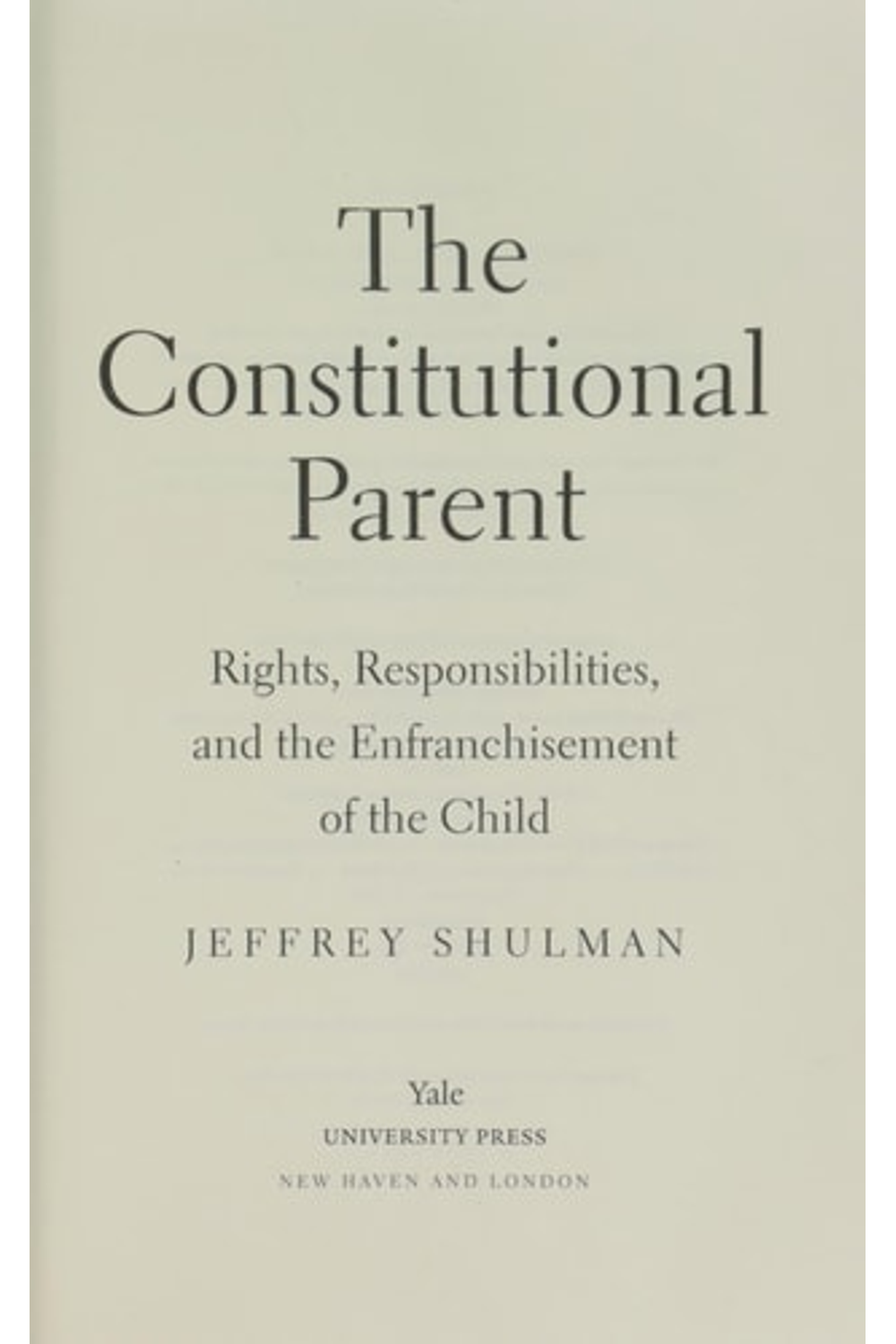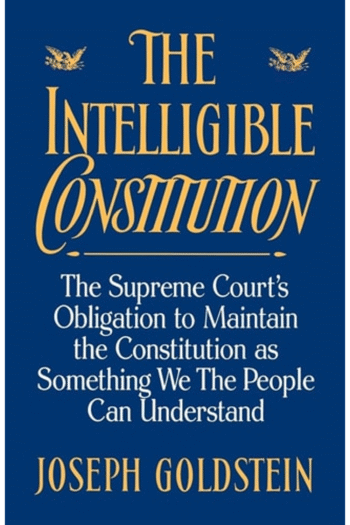Jeffrey Shulman’s “The Constitutional Parent: Rights, Responsibilities, and the Enfranchisement of the Child” (Yale University Press, Hardcover) redefines the landscape of family law. Challenging deeply ingrained assumptions, Shulman argues that a fundamental constitutional right to parent doesn’t exist in the U.S. legal framework. Instead, he proposes that parental rights are a state-delegated responsibility, contingent on meeting the child’s developmental needs. This isn’t just academic debate; Shulman’s meticulous examination of American legal history reframes discussions on child welfare, custody disputes, and the evolving balance between parental authority and state oversight. By reframing parenting as a trust, not an immutable right, Shulman provokes a vital conversation about safeguarding children in contemporary society. This essential read for legal scholars, policymakers, and anyone concerned with family dynamics offers a new perspective on the rights and responsibilities within the parent-child relationship. ISBN-13: 9780300191899. Categories: Domestic Relations, Constitutional Law, Child Law.
The Constitutional Parent: Rights, Responsibilities, and the Enfranchisement of the Child
26,85 $
In stock
In this bold and timely work, law professor Jeffrey Shulman argues that the United States Constitution does not protect a fundamental right to parent. Based on a rigorous reconsideration of the historical record, Shulman challenges the notion, held by academics and the general public alike, that parental rights have a long-standing legal pedigree. What is deeply rooted in our legal tradition and social conscience, Shulman demonstrates, is the idea that the state entrusts parents with custody of the child, and it does so only as long as parents meet their fiduciary duty to serve the developmental needs of the child.
Shulmans illuminating account of American legal history is of more than academic interest. If once again we treat parenting as a delegated responsibilityas a sacred trust, not a sacred rightwe will not all reach the same legal prescriptions, but we might be more willing to consider how time-honored principles of family law can effectively accommodate the evolving interests of parent, child, and state.
| Authors | |
|---|---|
| Binding | |
| Condition | |
| ISBN-10 | 0300191898 |
| ISBN-13 | 9780300191899 |
| Language | |
| Pages | 360 |
| Publisher | |
| Year published | |
| Weight | 644 |
| Dewey decimal | 346.7301/7 |
Related products
- Additional information
- Currencies
- USD – United States dollar
- EUR – Euro
- GBP – Pound sterling
- CNY – Chinese yuan
- BRL – Brazilian real
- MXN – Mexican peso
- JPY – Japanese yen
- PHP – Philippine peso
- THB – Thai baht
- PLN – Polish złoty
- CAD – Canadian dollar
- MYR – Malaysian ringgit
- AUD – Australian dollar
- TWD – New Taiwan dollar
- CZK – Czech koruna
- SEK – Swedish krona
- HUF – Hungarian forint
- ILS – Israeli new shekel
- CHF – Swiss franc
- HKD – Hong Kong dollar
- DKK – Danish krone
- SGD – Singapore dollar
- NOK – Norwegian krone
- NZD – New Zealand dollar





